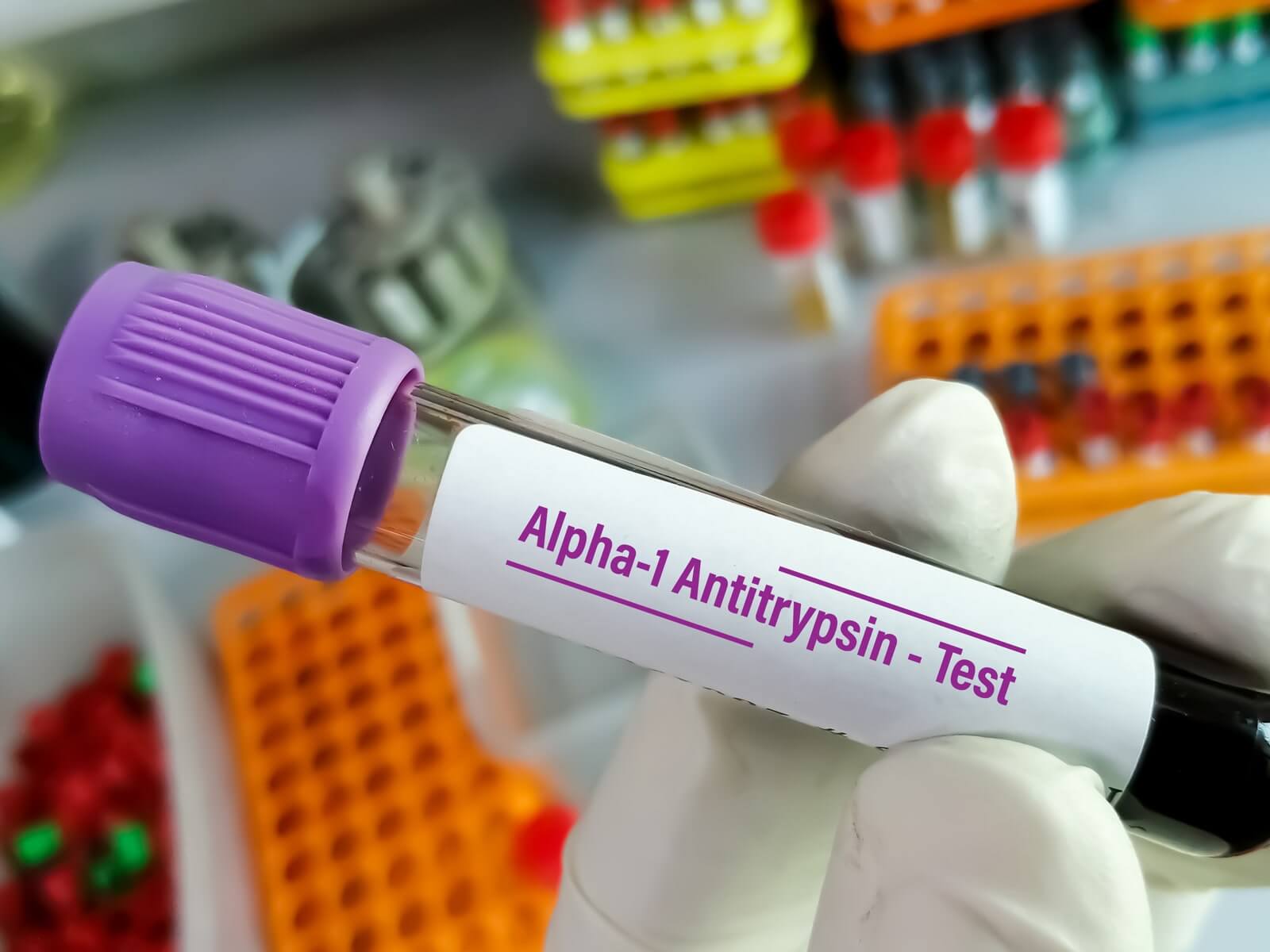
The gastric adenocarcinoma is the prevalent cancer of the stomach. It starts in the cells which line the inner section of your stomach and may develop into tumors which extend to other tissues. Early diagnosis and treatment will enhance survival chances and increase the treatment choices.
The signs will be mild and easy to ignore at their initial stages. In case any of these showed persist, discuss it with your physician:
The cause is not single but a combination of factors increases your chances of getting gastric adenocarcinoma:
At GastroDoxs in Cypress, we combine patient-centered care with expert gastric cancer services to guide you through every step-from early detection and advanced diagnostics to personalized treatment and recovery support. Our board-certified specialists use the latest endoscopic techniques, surgical innovations, and medical therapies to deliver the best possible outcomes. Don't wait-book your appointment today and take the first step toward comprehensive, compassionate care for gastric adenocarcinoma.
We've successfully treated more than 1.5K patients, helping individuals improve their digestive health and overall well-being through expert, personalized care.
With over 20 years of experience, GastroDoxs has been a trusted provider of gastroenterology care, focusing on delivering the best outcomes for patients
The most prevalent type of stomach cancer is gastro adenocarcinoma which develops as a result of the glandular cells of the stomach. Timely diagnosis is beneficial in the treatment.
The risk factors can be classified as Helicobacter pylori infection, chronic inflammation or ulcers of the stomach, heavy smoking or drinking alcohol, high in terms of salt, smoked, or pickled food, etc.
Early symptoms might be mild but it might include continuous heartburn or indigestion, stomach pain or pressure, unintended weight loss, fullness after few meals, nausea and vomiting (involvement of blood sometimes).
Diagnosis usually presents itself in the form of an endoscopy and biopsy of stomach tissue, imaging examination (CT scans) and blood samples, to identify the disease stage and treatment plan.
The treatment is based on stage and health of patients. Some of them can include the endoscopic ablation of early tumors, total and partial gastrectomy (surgery), chemotherapy, radiation therapy, specific medications aimed at them, and nutritional.
Yes. The early development of gastric adenocarcinoma can be detected, which means that less invasive interventions can be applied to treatment and the likelihood of successful treatment is high.
The duration of stay in hospital is usually one week following stomach surgery so that the input of conducting the monitoring and pain management is made, and then the patient continues by taking rest and gradually increasing the intake of food over the period at home.
Risk could be reduced with the help of a balanced diet that is high in fruits, vegetables, and whole grains. Individual nutrition plans assist in the healing process and control side effects of treatment, which happen after the treatment.
Maintaining a healthy diet, avoiding tobacco and excessive alcohol, treating H. pylori infections, and managing chronic stomach conditions can all help reduce your risk.
Should you develop any red flags i.e. persistent indigestion, unexplained weight loss, early fullness, or vomiting, then you should book an appointment immediately to eliminate severe conditions.